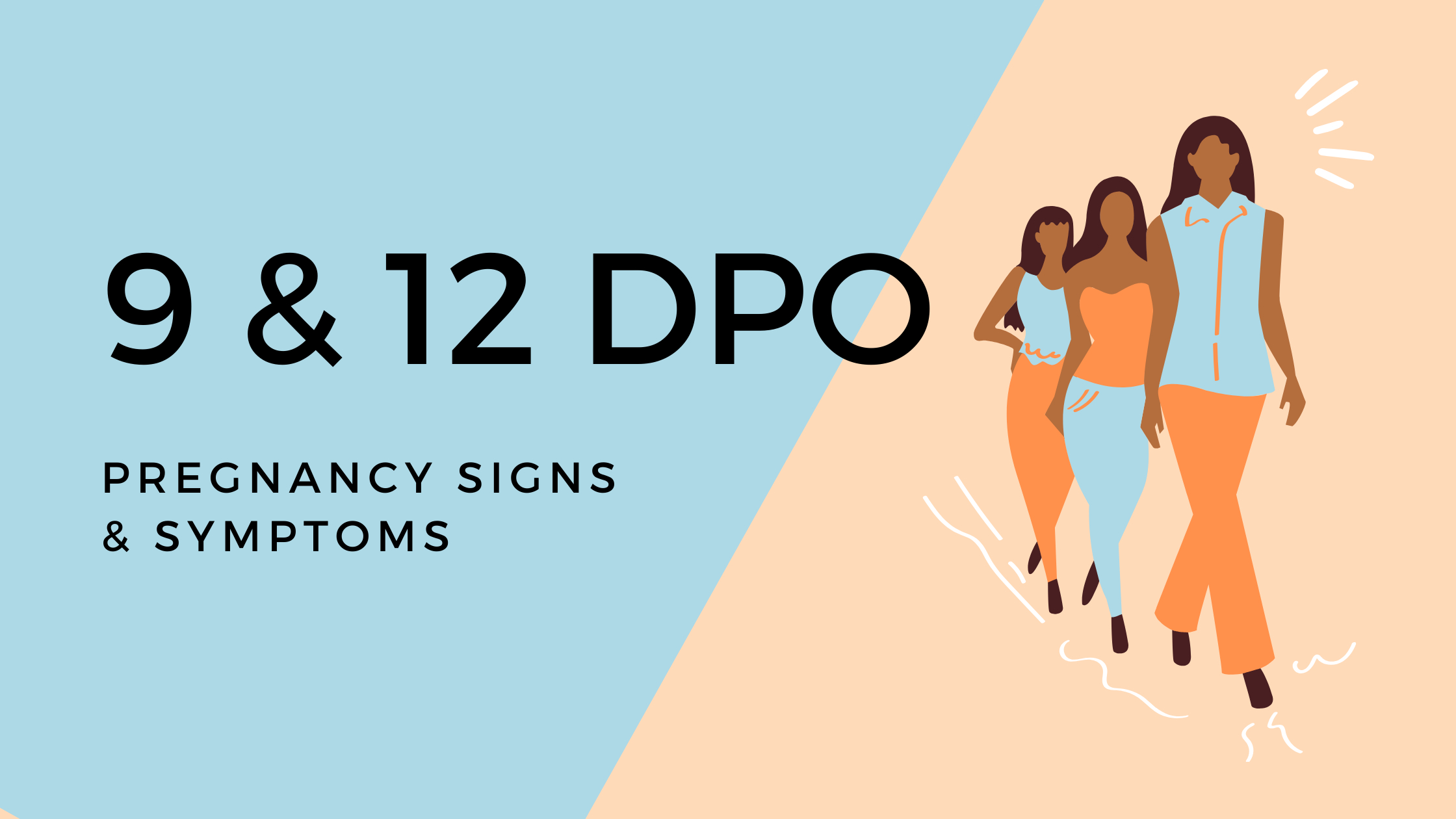What is the Best Day of Your Menstrual Cycle?
The best day of your menstrual cycle is the day that you are most fertile. This is the day that your body has the best chance of getting pregnant. The best time to get pregnant is from 6 days before ovulation to 3 days after ovulation. So, if you want to know what the best day of your menstrual cycle is, then you should be able to find out when ovulation will happen.
There are a few different ways that you can find out when you ovulate: -If you have a regular period, then it’s likely that your period will come every month on the same date.
So, if your menstrual cycle lasts 28 days and it starts on Monday, then it’s likely that ovulation will happen around Sunday or Monday in the middle of your menstrual cycle (halfway through).
-You can use an app like Clue or OvuView which tracks changes in cervical mucus and basal body temperature as well as other symptoms such as your cycle length.-If you have a diary, then you should be able to see the day that your period started and the day that it ended so you can look at the dates and figure out what happened around ovulation.
What is a 9 DPO and why does it matter?
The 9 DPO is the ninth day past ovulation. The number of days after ovulation that a woman is pregnant can be calculated by counting how many days have passed since the first day of her last menstrual period.
The 9 DPO is a common benchmark for women who are trying to conceive. The pregnancy test might show a positive result if it detects the hormone HCG in the woman’s urine. A negative result means that there is no HCG in her urine and she will need to wait another week before testing again.
9 DPO Symptoms – Early Warning Signs of Pregnancy
Early symptoms of pregnancy are usually experienced within the first few weeks after conception.The following list is compiled of the most common early symptoms of pregnancy, and includes both physical and emotional changes that a woman may experience.
The first symptom is increased vaginal discharge. This discharge is often white or yellowish in color, and can be either thin or thick in consistency. Many women experience this symptom before they even miss their period or take a pregnancy test.
Another early symptom is nausea and vomiting, which often occurs during the first trimester of pregnancy. This symptom can be caused by a number of factors including hormonal changes, morning sickness, food poisoning, or stress.
Some women also experience fatigue during the first few weeks after conception as well as mood swings that are due to hormonal fluctuations during this time period.
-Increased Hunger, Frequent Urination, Constipation and Lightheadedness/Dizziness.
Women may also notice breast tenderness in the early stages of pregnancy due to rising hormone levels causing an increase in blood flow to this area as well as an increase
9 DPO Symptoms – Early Warning Signs of Implantation
Every woman knows that pregnancy is a miracle, but it can also be a very scary and confusing time. There are many symptoms that can indicate whether or not you are pregnant. One of the earliest signs of pregnancy is implantation bleeding or spotting. This symptom typically occurs 6-12 days after conception and some women may experience it before they even know they’re pregnant.
If you’re one of the many women who have experienced this symptom, here are some things you should know about implantation bleeding:
A- it may happen before a missed period or in conjunction with your period
B- It is usually light flow and lasts for only a short time
C- It can be pinkish, brownish, or blood stained discharge
9 DPO Symptoms – Early Warning Signs of Ovulation
The 9D PO Symptoms can be a key indicator of the ovulation cycle. It is important to know what they are, and how they can help you identify when the ovulation cycle is taking place.
A woman’s body typically experiences many changes during her menstrual cycle. One of these changes is that cervical mucus becomes more watery, slippery, and stretchy in texture during ovulation. This makes it easier for sperm to travel through the cervix and uterus to fertilize an egg.
This change in cervical mucus is often a sign of impending ovulation because it will continue to get thinner until there’s no more cervical mucus at all. The other main symptom of imminent ovulation is spotting, which can occur due to hormonal changes such as estrogen surges or from the release of blood from ruptured ovarian follicles.
Conclusion – What Should You Do When You Notice These Symptoms?
The first step is to talk to your health care provider. They will be able to determine if you have a medical condition that needs treatment.
The second step is to make sure that you are taking care of yourself and your unborn child. It is important for both of you to get enough rest, eat healthy and avoid stress.

